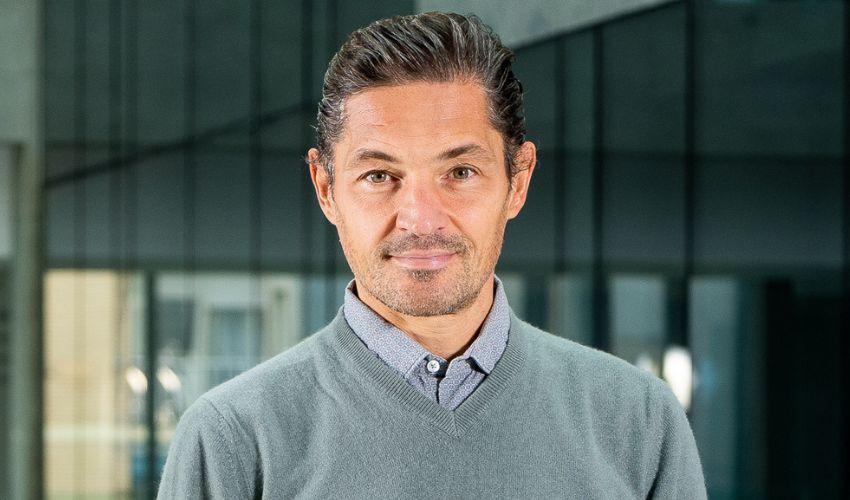
Making Sense of How People Decide
NICOLA GENNAIOLI NETS AN ERC GRANT TO STUDY IRREGULARITIES AND INCONSISTENCIES IN THE FORMATION OF BELIEFS AND CHOICESOur beliefs and choices are much less stable than economic theory predicts. They change based on momentary, sometimes utterly irrelevant, factors. If we see an increase in stock prices, we tend to think that they will keep rising, even though it’s often not the case, and buy stocks. A judge forms a more favorable opinion, and issues a more lenient judgment, if the defendant is well groomed. A consumer may view a product as cheap, and hence buy it, just because VAT is not included in the price tag. This occurs despite the fact that the consumer knows VAT must be paid. There is vast and growing evidence of “anomalies” of this sort, in which beliefs and choices excessively weight a relevant feature (e.g. the recent stock price increase or the price tag), or depend upon an irrelevant one (e.g. the defendant being well groomed). In economics, the stable choices of people “reveal” their stable preferences. With choice instability, this approach falls apart. What to do next? To date, there is no theoretical framework that explains instability across domains, guiding its systematic empirical investigation.
Nicola Gennaioli, Fondazione Romeo ed Enrica Invernizzi Chair in Behavioral Economics alla Bocconi, obtained a €1.9m ERC Advanced Grant from the European Research Council for a project that aims to develop such a framework. The key idea is to build on the psychology of human memory and its relation to attention. This is the 50th ERC grant awarded to Bocconi.
“A choice option consists of many features. Some features are relevant for the consumer’s choice, others are less relevant or utterly irrelevant. A salient feature draws our attention automatically and acts as a cue for memory retrieval, even if it is not very relevant. Information retrieved based on the salient feature shapes our beliefs, while other information is suppressed. For instance, a defendant can be described by his crime record, by material aspects related to the current accusations, by his physical appearance etc. During the trial, the salience of the defendant’s physical appearance may remind the judge that well-groomed people are reliable, causing neglect of more relevant aspects. Under different conditions, different features may be salient, so different pieces of information are recalled, producing instability.” Professor Gennaioli said. “Importantly, cognitive science has unveiled empirical regularities in what we tend to recall or forget, and about the determinants of salience. These can be used to create a framework under which many forms of instability can be put within a common umbrella.“
Besides developing a theoretical framework, he plans to apply it to issues such as the formation of expectations about the future, the evaluation of risks, and consumer behavior. Different people may form different beliefs and make different choices in the same situation because they have different experiences stored in memory. So extensive measurement of past experiences is key to the enterprise. But changing salience of relevant and irrelevant features is also key, for it causes the same person to retrieve different things, causing instability. For instance, if all defendants the judge sees in a day are well groomed, then this feature will be less salient, so the judge may pay less attention to it when judging a specific person. Measurement of a large array of features and their salience, including by measuring advertising or social media activity, will also be key to the undertaking.
In an ongoing study, Prof. Gennaioli found that different people displayed sharp differences in pessimism about COVID according to their different non-COVID experiences. People who experienced a relative’s serious health problem considered the virus a severe threat, whereas people who had experienced and overcome many hardships tended to underestimate its effects. Experiences in distant domains elicit very different reactions to a new risk, and cause partial or full neglect of common direct information about it. They also found that cueing people to recall specific unrelated past experiences changed beliefs by increasing the use of such experiences for thinking about the new risk, reducing the role played by experiences that were lived but not cued.
“This project can shed light on the working of technologies such as internet and advertising. In a world with stimulus overload, salient features have an enhanced power to grab attention and interfere with recall of more relevant information, potentially affecting our choices in important ways. This has also important implications for our research methodology. We will probably have to abandon our reliance on a-priori reasoning to narrow down the stimuli or goals that shape our thinking. We need to rely on extensive measurement and be open to findings that challenge our explicit or implicit assumptions. Machine learning has the power to discern regularities by sifting through huge amounts of unstructured data,” Prof. Gennaioli said.
To exploit these possibilities, the grant-winning project, MemDec (Memory, Beliefs, and Economic Decisions) will leverage not only on cognitive sciences, but also on machine learning and big data techniques.
“The new approach may also help us address important social problems” Prof. Gennaioli concluded. “When we think of the environment, pandemics, or social inclusion, our behaviors are fundamental. By shedding light on the deeper drivers of beliefs, this project could help governments design more effective interventions that can change behaviors in a socially desirable direction.”
ERC Advanced Grants are for active researchers with a track-record of significant research achievements in the last 10 years. Younger academics with 2-7 years of experience since completion of their PhD can apply for Starting Grants, while Consolidator Grants are for scientists with 7-12 years of experience.
by Ezio Renda
